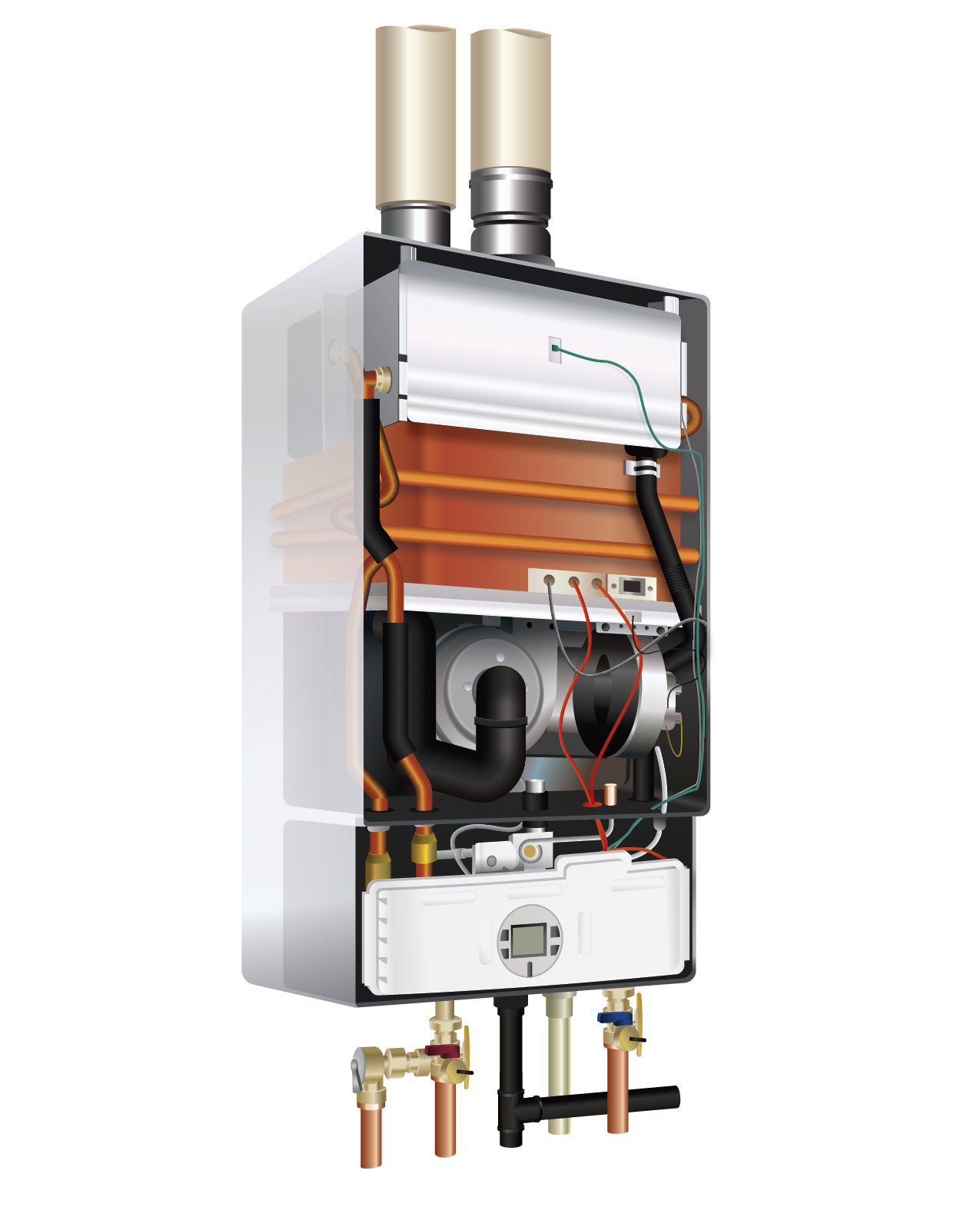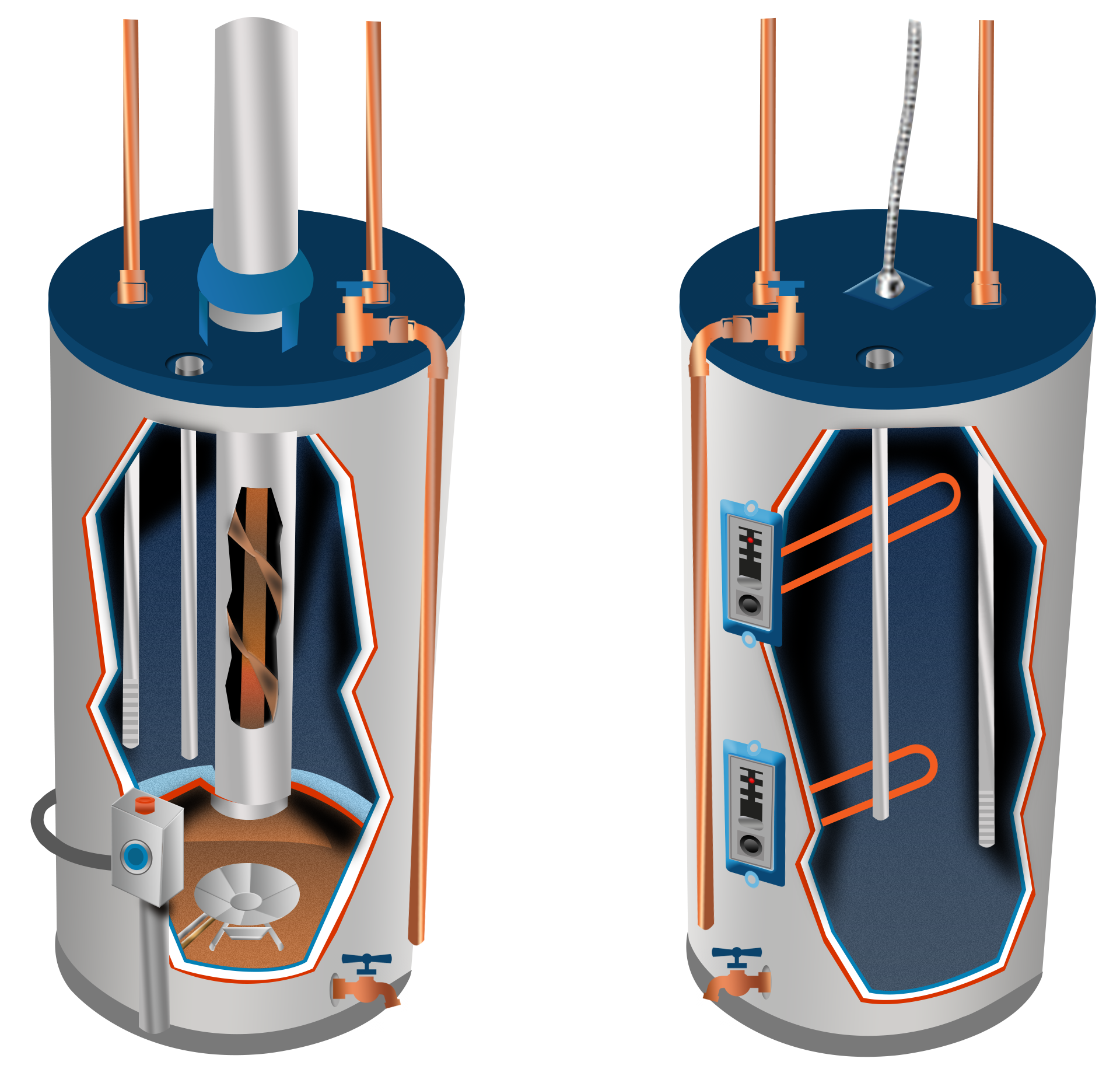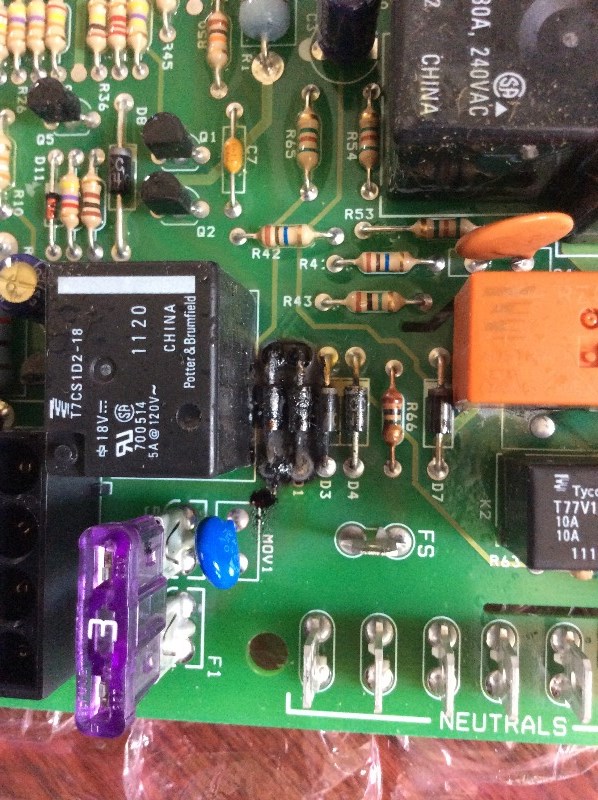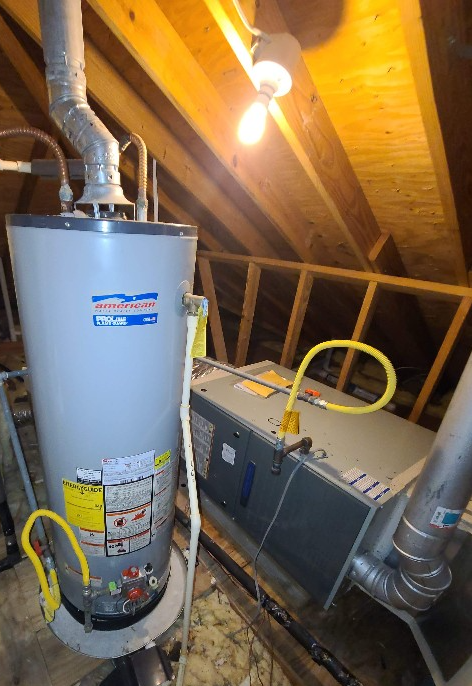Tank vs. Tankless Water Heaters: What the Difference Means for Claims
Policyholders have any one of a variety of water heater types in their homes or businesses. Water heating accounts for 14–18% of utility bills, according to the U.S. Department of Energy, and the average household uses 64 gallons of water daily. Because of their frequency of use and the complexity of the equipment, water heaters are often included in claims. It is important insurance professionals recognize how perils may affect them depending on if they are tankless or have traditional tank storage.
Differences Between Tankless and Tank Water Heaters

Unlike water heaters with tanks, tankless water heaters only provide hot water when it is needed rather than keep a stored supply. When a hot water tap is turned on, cold water goes through a pipe to a gas burner or electric element that heats it before delivering it to the desired location. Facilities that use a lot of hot water may see 8–14% more energy efficiency compared to homes with tank water heaters, a U.S. Department of Energy article about tankless water heaters states. That efficiency increases to 24–34% more for homes that do not use as much hot water.
Tankless water heaters have another advantage over those with tanks. For example, the person last in line for a shower may have to wait for the water supply to be restored in the tank to have any hot water, whereas a tankless water heater will provide an endless supply of hot water. On the other hand, flow rates on a tankless water heater may be smaller, particularly if multiple places in a building need hot water at the same time. Tankless water heaters also have more upfront costs, though they last longer and are more energy efficient, which lowers costs over the system’s lifespan.
Tankless water heaters set themselves apart with the intricacy and delicacy of their electrical and mechanical components. Because water is heated on demand, extra controls are necessary as is a different sequence of operations to produce hot water effectively and efficiently.

Regardless of if they have a tank, most water heaters rely on gas or electricity, though heating by solar is also an option. StrikeCheck assessed hundreds of claimed water heaters last year for carriers and their policyholders. Those with tanks, which made up most of the evaluated equipment, were split 58% electric and 42% gas. Percentages for tankless water heaters were switched, with more being gas than electric.
How Surges and Maintenance Impact Water Heaters
Policyholders most frequently reported that their water heater sustained damage from an unknown peril, lightning, water, or high voltage surge. However, StrikeCheck’s expert assessments found that the most prominent causes of loss for all types of water heaters were high voltage surge and wear and tear. It is critical adjusters know what to look for to avoid settling for perils not covered by the policy.
High Voltage Surge: Nearly three-fourths of all tankless water heaters that StrikeCheck assessed sustained damage from high voltage surge, compared to only a quarter of tank systems with surge damage. Tankless unit components are more susceptible to damage from minor voltage irregularities that may not affect water heaters with tanks.

The component most at risk of surge damage in a tankless unit is the control board. Tankless water heaters require sensors, valves, switches, and motors to heat water on demand, and all the components are integrated into the fragile electronics of the control board. Voltage fluctuations or power outages could cause failures to any of these elements that could render the system inoperable. Damage to the control board’s thin circuitry could also cause failures to other connected components.
Water heaters with tanks don’t have as many sensitive controls, making them less affected by lightning or surge events. Minimum efficiency atmospheric water heaters with tanks, which are the most common type of water heaters policyholders use, are not connected to electrical systems. However, electric tank water heaters can be affected because of their electric heating elements, thermostats, internal wiring, and power supplies. These can be more challenging to have a failure diagnosed without the help of an expert because they must be connected to a power source to energize their heating elements.
Wear and Tear: Nearly a third of all the hot water heaters that StrikeCheck assessed sustained damage from wear and tear.
For tankless systems, some policyholders may confuse the error codes displayed on the control panel as being from an electrical or weather event rather than a maintenance problem. Among the displayed codes, depending on the manufacturer, are for flue pipe or intake air blockages, fuel supply disruption, improper water circulation, clogged heat exchangers, sensor malfunctions, loose connections, broken or pinched wires, or other issues that may result from improper cleaning or maintenance.

Tank systems are more susceptible to malfunctions from wear and tear because they require additional maintenance. The tank, which must hold and heat large quantities of water, is the main problem when a system fails. Water contains minerals and deposits that are destructive to the tank, particularly as they accumulate over time.
For gas-fired tank water heaters, the constant, direct flame exposure causes the tank’s metal to expand and contract, which weakens it. Electric tank water heaters are at risk for wear and tear because of the constant water exposure to more components. Heating elements can overheat, corrode, and degrade because of accumulated scale and water deposits.
Do Not Guess on Cause of Loss
For adjusters, being able to verify equipment is damaged is as important as determining cause of loss. Both could impact how claims are settled. More than a quarter of all water heaters that StrikeCheck evaluated for carriers were non-damaged at the time of assessment.
StrikeCheck’s team of experts understands the complexities, and importance, of water heaters – regardless of whether your policyholders have a tank water heater or a tankless unit. Adjusters handling water heater claims should submit a claim to StrikeCheck to receive a comprehensive diagnosis of the cause of loss and scope of damage and ensure an accurate and prompt settlement.
